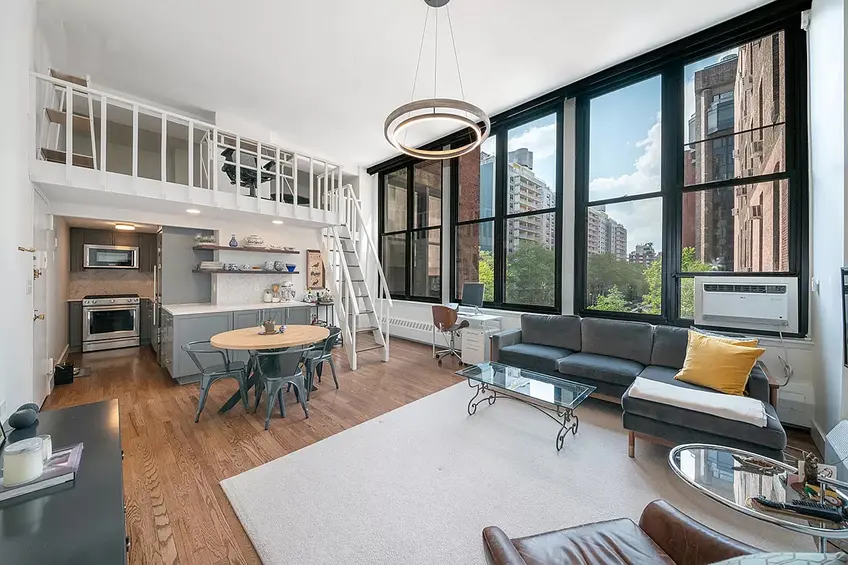 250 Mercer Street, #D304 (Digs Realty Group LLC)
250 Mercer Street, #D304 (Digs Realty Group LLC)
Getting a gift from a parent to help come up with a down payment for a first home is a longstanding practice. In New York's current housing market, however, adult children often need more than down-payment assistance to buy a home. This is leading a growing number of parents to buy on behalf of their adult children. While generally a great idea, there are a few things that parents and adult children should consider first.
In this article:
Reasons to buy a property for your adult child
For parents who have the cash on hand to do so, buying a property for an adult child is nearly always a strategic decision, especially in New York City. Through all the city’s ups and downs, real estate has always proven to be a strong long-term investment. As a result, investing in local property is a great way to build generational wealth. Given the high cost of buying and renting, parents who buy with or on behalf of their adult children are also likely to improve their adult child’s living conditions in the present.How to buy a property for your adult child
Beyond simply offering to gift a down payment, there are several ways for parents to help their adult children get a foot in the real estate market. However, each option comes with its own pros and cons.Provide an official mortgage
In the first scenario, the child owns the property, and the parent serves as a lender. This means the parent must buy the property outright and set the terms for repayment. Notably, even when striking such deals with family members, it is always best to make the terms legally binding. For example, if the adult child eventually marries and divorces, the parent’s assets are more likely to be protected if there is a legally binding agreement.
Co-own a property
In this case, both the parent and adult child own the property, even though only one party (the adult child) resides in it. As a result, if the unit eventually sells, both the parent and child will be legally entitled to any profits made off the sale, unless the parent and child have agreed to a different arrangement in advance.
However, co-ownership also raises several additional questions. For example, if the parent and child opt to co-own, they will need to determine how to hold the title. Tenancy in common allocates homeownership percentages based on one’s investment (e.g., if a parent invests $750,000 and an adult child agrees to pay off the remaining $250,000, the split would be 75/25). Another option is joint tenancy, which would result in an equal ownership split, even if the investment isn’t equal.
Buy a multi-unit home
The third option is to buy a multi-unit home and assign one unit to an adult child. While this arrangement may not work for everyone, it can be a win-win situation for parents, adult children, and their families. After all, while not all grandparents want to be involved in daily childcare activities, many do, and living at the same address, albeit in separate units, can be a great way to support an intergenerational childrearing situation. Alternatively, if you currently live in a single-family dwelling (e.g., a townhouse), you might simply opt to divide the home into two separate units.
Reverse a previously combined unit
Rather than move to a larger home, New Yorkers frequently opt to buy units adjacent to their current homes and combine them into one large apartment. This is usually done to accommodate a growing family, but what happens when the kids grow up? Technically, if you combined your unit with an adjacent unit in the past, you can likely reverse the renovation. However, the process won’t be easy. It will require approval from one’s building, and the new units will need to be in compliance with city building codes.
In this case, both the parent and adult child own the property, even though only one party (the adult child) resides in it. As a result, if the unit eventually sells, both the parent and child will be legally entitled to any profits made off the sale, unless the parent and child have agreed to a different arrangement in advance.
However, co-ownership also raises several additional questions. For example, if the parent and child opt to co-own, they will need to determine how to hold the title. Tenancy in common allocates homeownership percentages based on one’s investment (e.g., if a parent invests $750,000 and an adult child agrees to pay off the remaining $250,000, the split would be 75/25). Another option is joint tenancy, which would result in an equal ownership split, even if the investment isn’t equal.
Buy a multi-unit home
The third option is to buy a multi-unit home and assign one unit to an adult child. While this arrangement may not work for everyone, it can be a win-win situation for parents, adult children, and their families. After all, while not all grandparents want to be involved in daily childcare activities, many do, and living at the same address, albeit in separate units, can be a great way to support an intergenerational childrearing situation. Alternatively, if you currently live in a single-family dwelling (e.g., a townhouse), you might simply opt to divide the home into two separate units.
Reverse a previously combined unit
Rather than move to a larger home, New Yorkers frequently opt to buy units adjacent to their current homes and combine them into one large apartment. This is usually done to accommodate a growing family, but what happens when the kids grow up? Technically, if you combined your unit with an adjacent unit in the past, you can likely reverse the renovation. However, the process won’t be easy. It will require approval from one’s building, and the new units will need to be in compliance with city building codes.
Condo and coop board approval
Some, but not all, condos and coops permit parents to buy for children. In most cases, if the condo or coop does permit parents buying for children, it will say so in the listing. It should be noted that most boards anecdotally look more favorably on adult children who have been steadily employed for years than recent graduates who have just begun to work. Finally, since most coops, if not condos, are interested in screening buyers for financial reasons and their potential fit with the building, both the buyers (parents) and tenants (adult children) may need to submit paperwork to the board and undergo a coop interview.Tax implications for parents and adult children
Depending on the scenario (e.g., is the home owned by the parent, co-owned, or owned by the child), the tax implications will differ. If a parent owns a property and their child lives in it for free, the property will be treated like any other second home, which means they can’t, like other landlords, claim repairs or maintenance as a deductible on the taxes. If their child lives in the property and pays rent or has a housemate who does, they can take these deductions.Other legal considerations
Even when investing with or on behalf of family members, it is important to take precautions. For example, if a parent buys a home for an adult child and the child holds the title but later marries, unless there is a prenuptial agreement that excludes the property, if the couple eventually divorces, the property will be divided between the two former spouses. In the process, the parent will lose half of their investment. Given this and other potential scenarios, parents and their adult children are strongly advised to seek legal counsel before entering into any ownership or co-ownership scenario.
The Manor, #515 (Brown Harris Stevens Residential Sales LLC)

Would you like to tour any of these properties?
Just complete the info below.
Or call us at (212) 755-5544
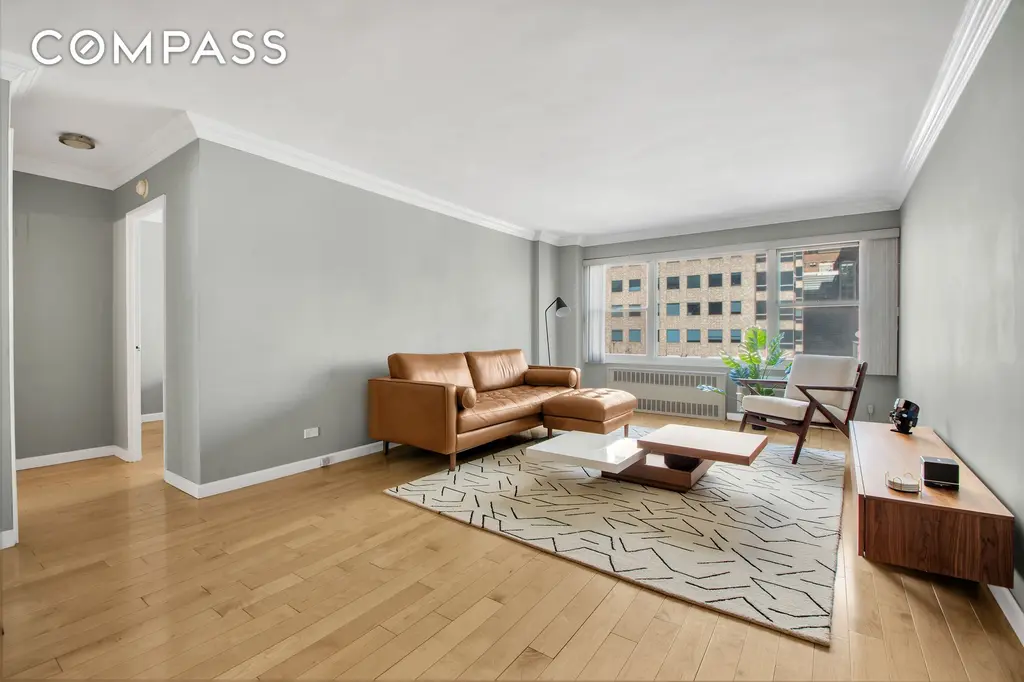
435 East 65th Street, #9A (Compass)
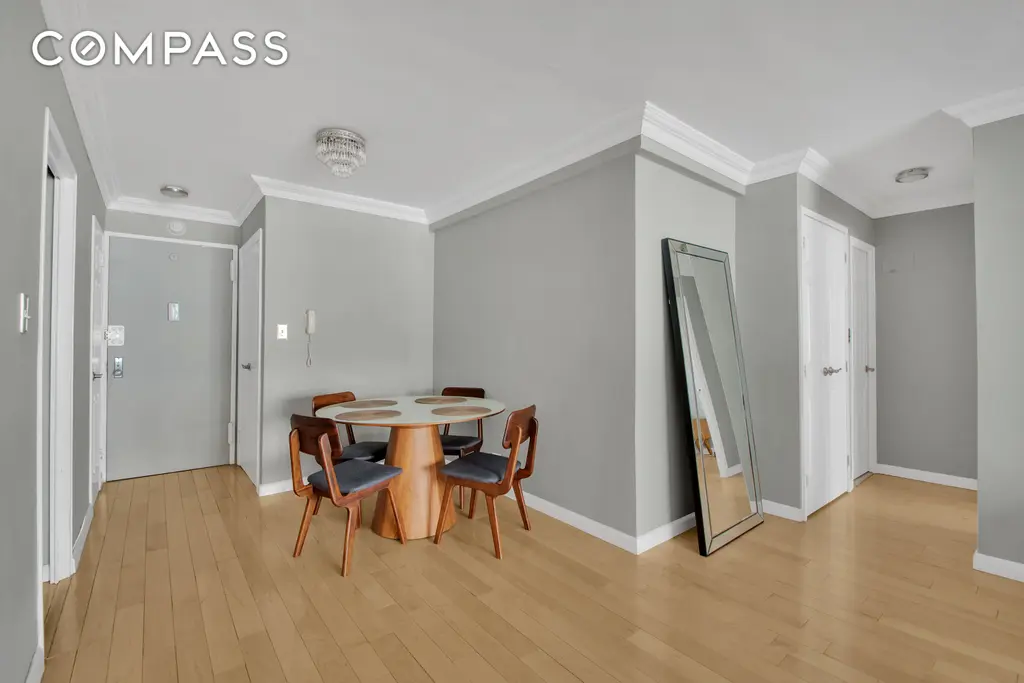
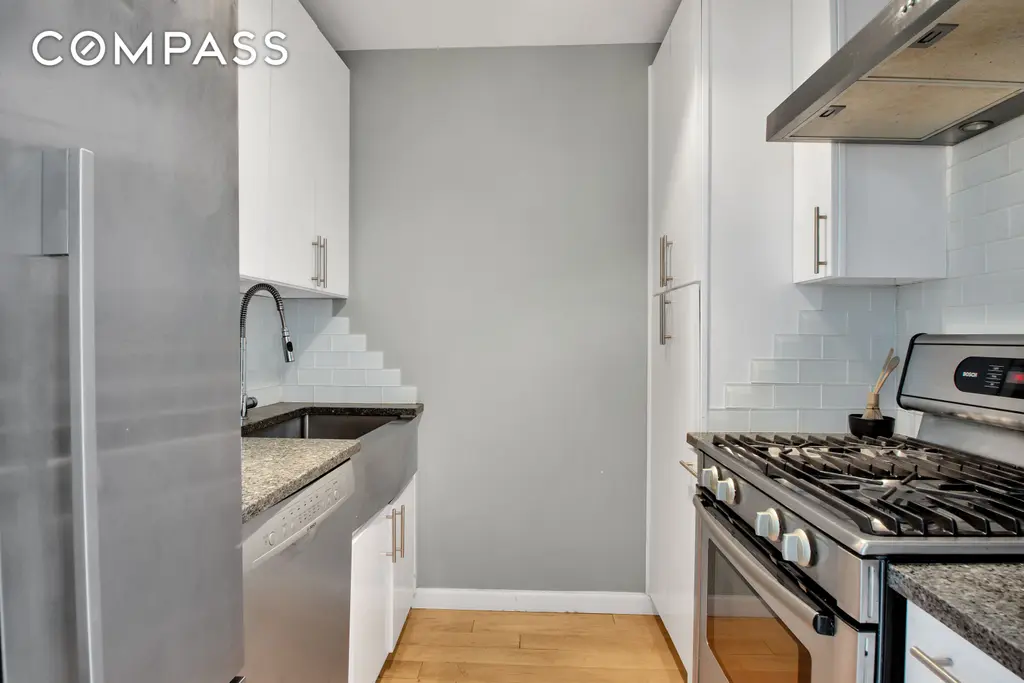
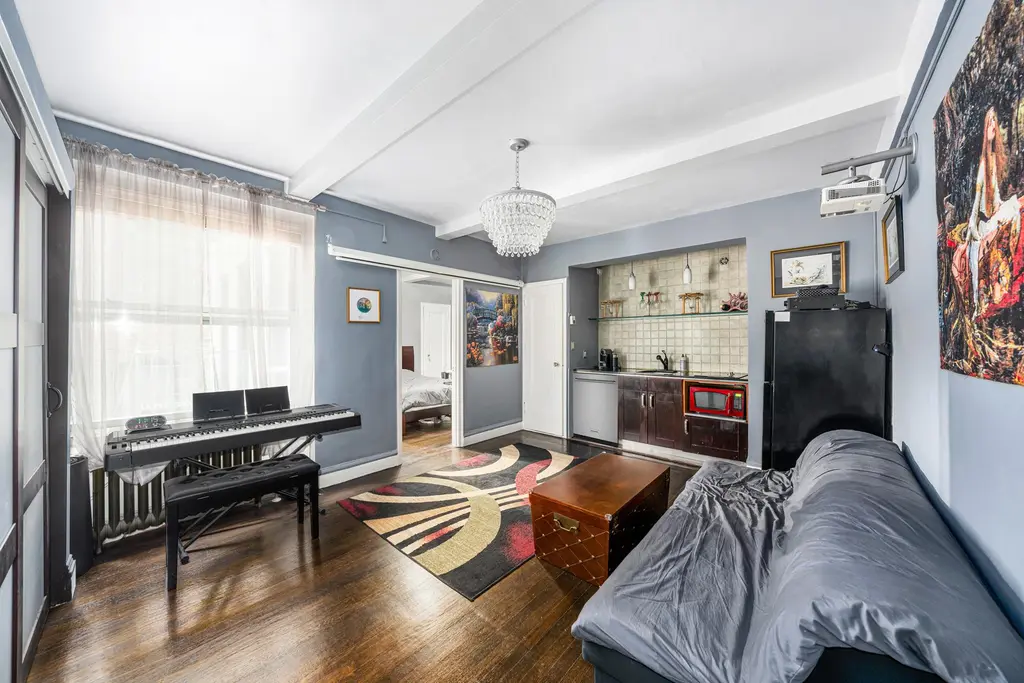
The Whitby, #320 (Douglas Elliman Real Estate)
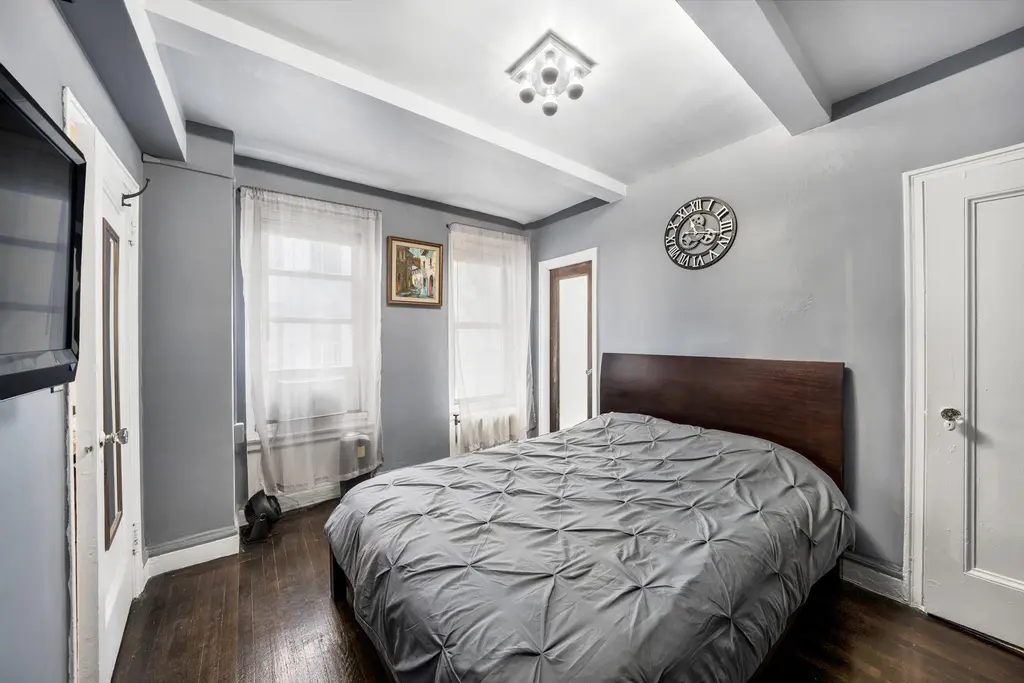
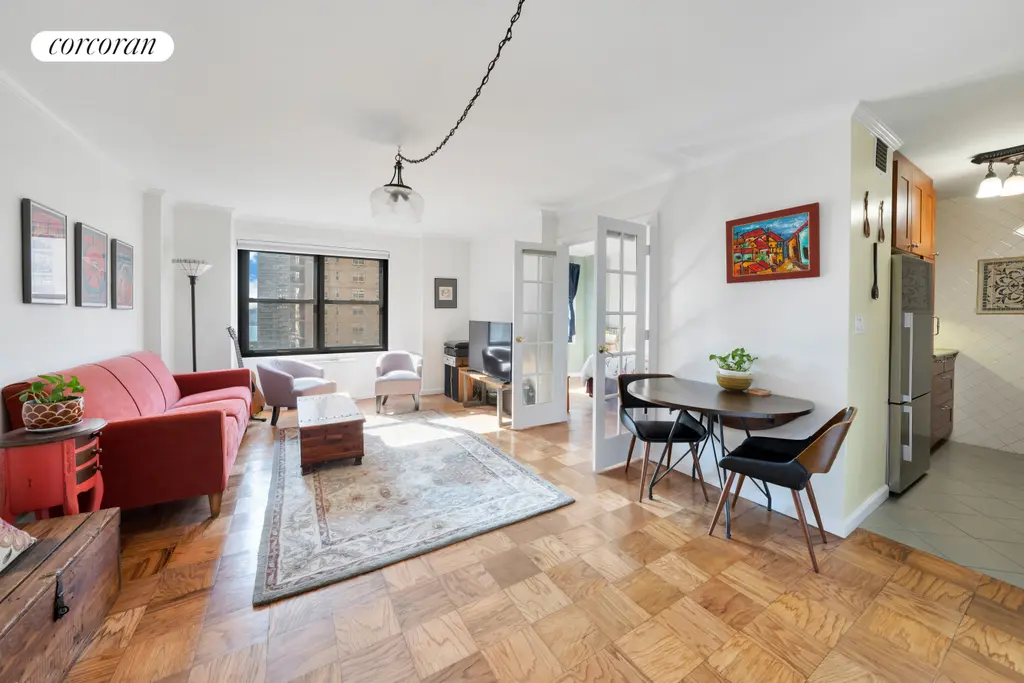
Lincoln Towers, #11H (Corcoran Group)
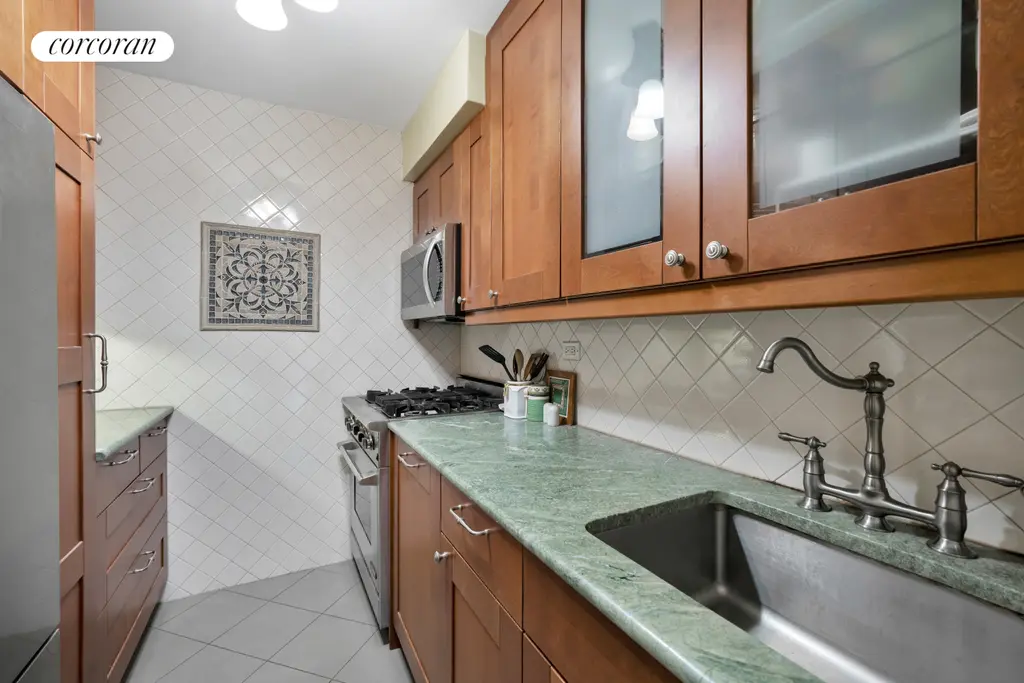
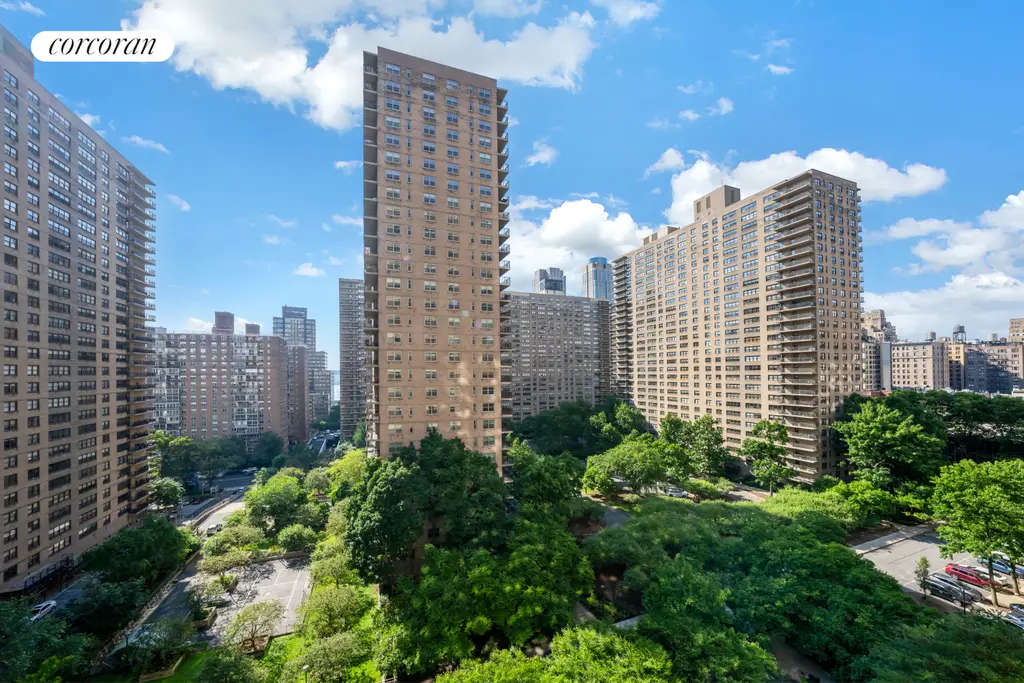
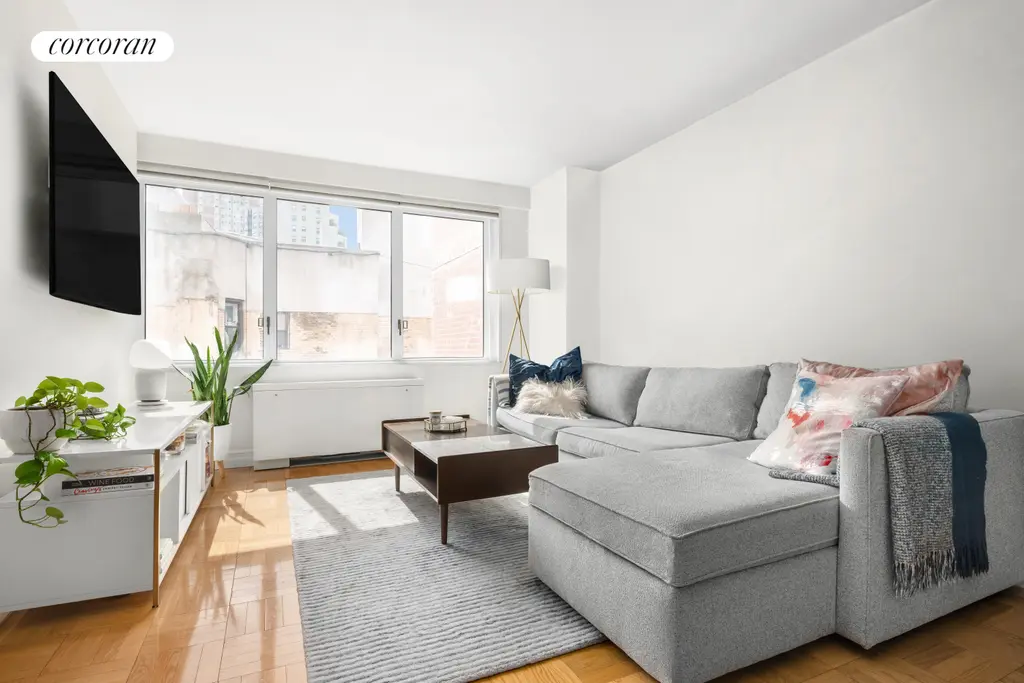
The Peter James, #6K (Corcoran Group)
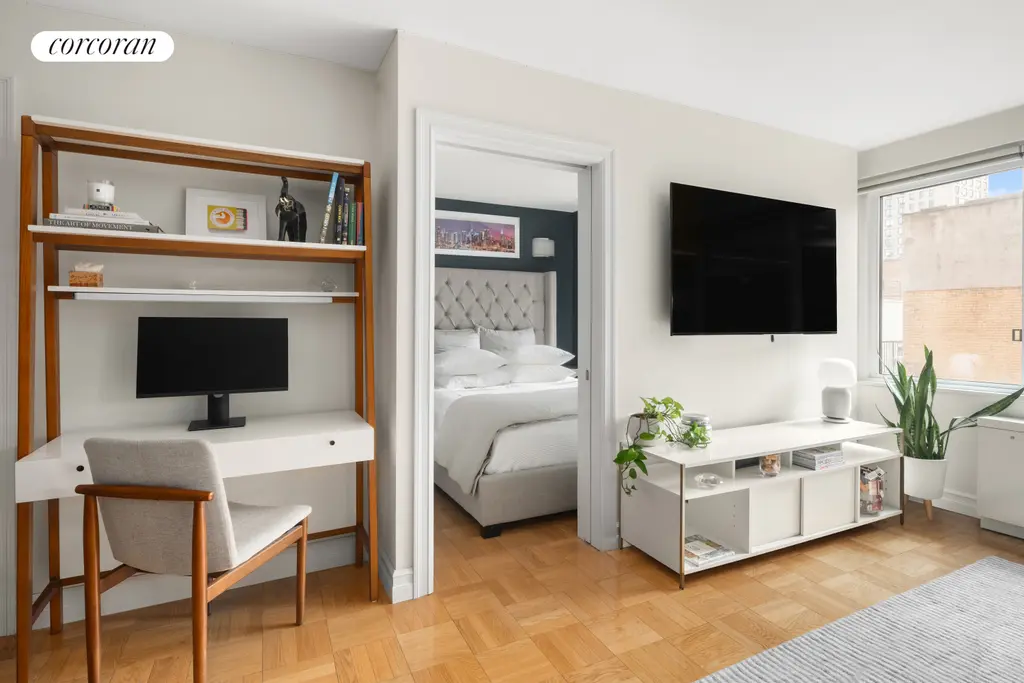
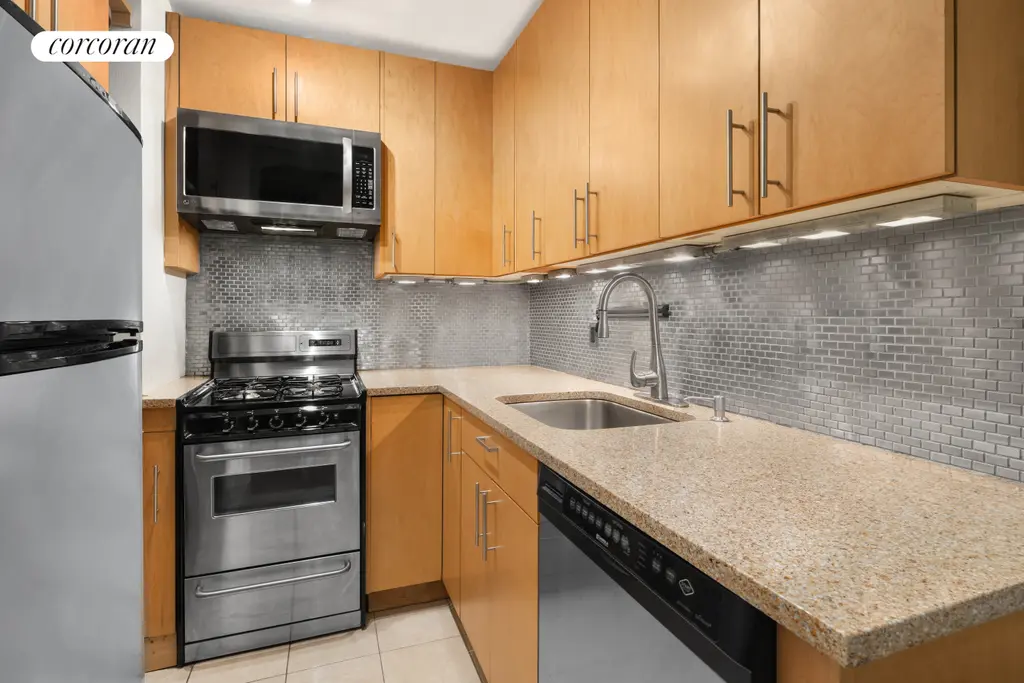
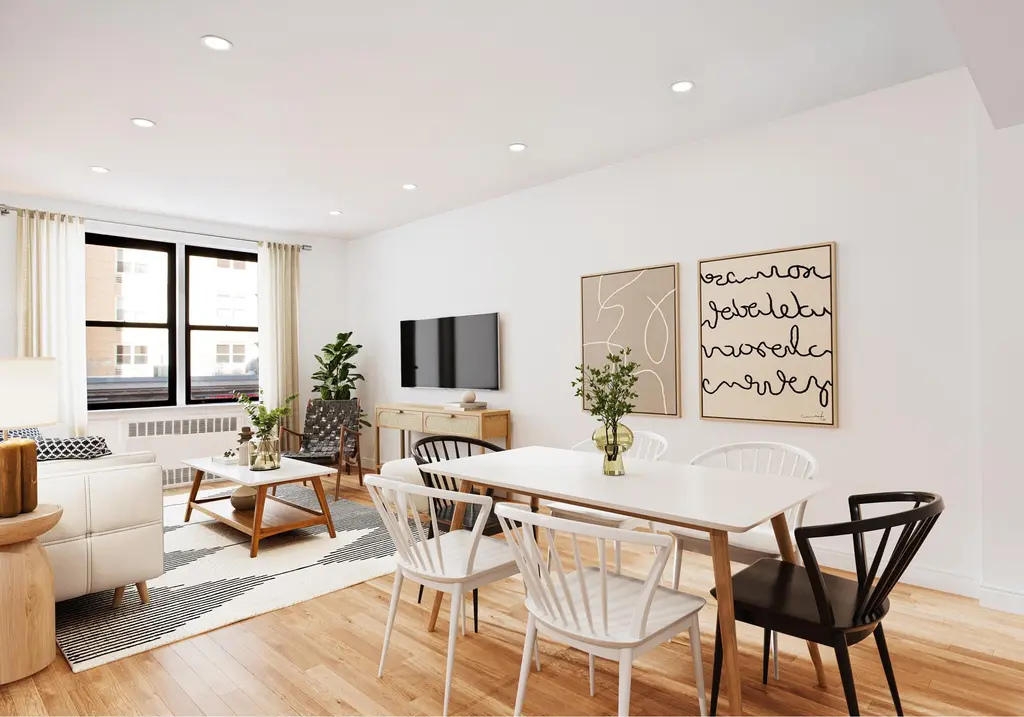
54 East 8th Street, #2N (Douglas Elliman Real Estate)
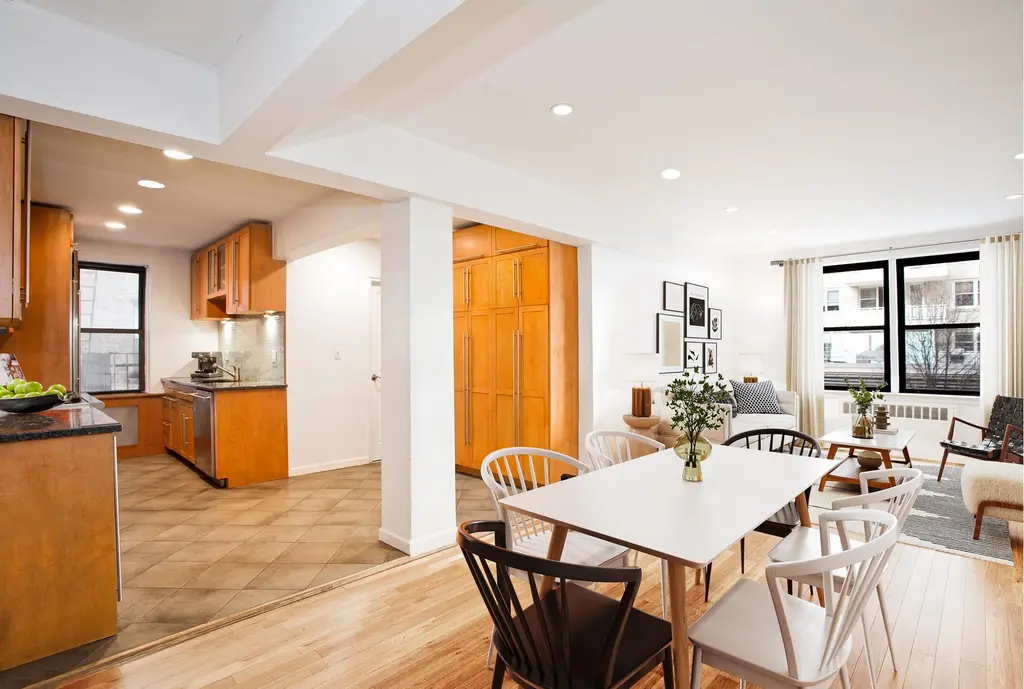
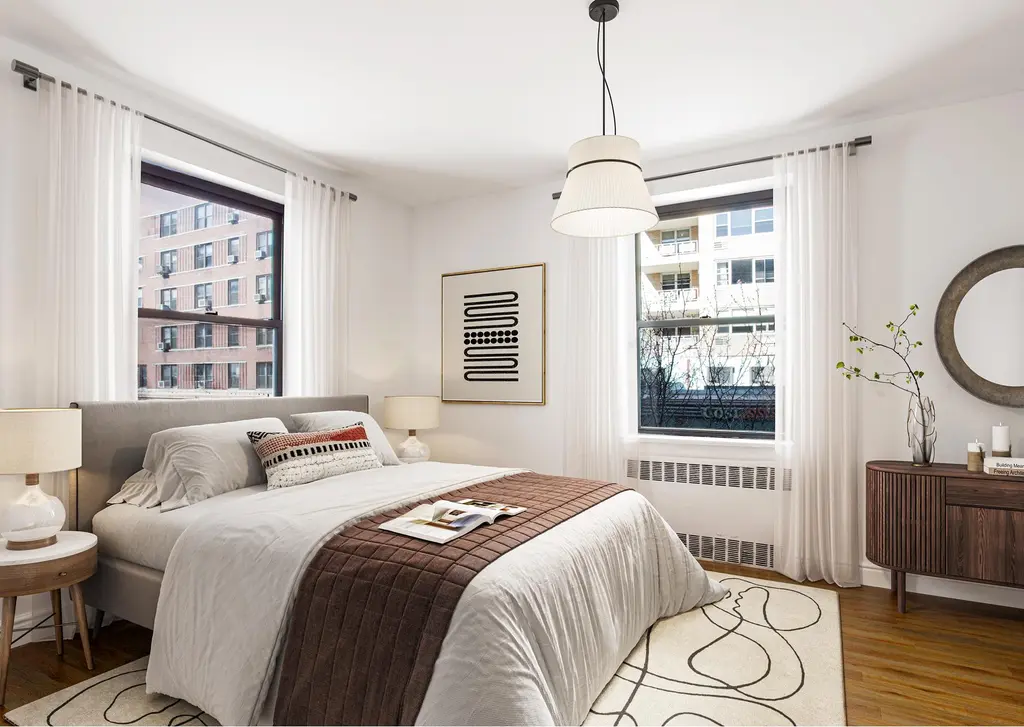

Riverside Towers, #12E (Brown Harris Stevens Residential Sales LLC)


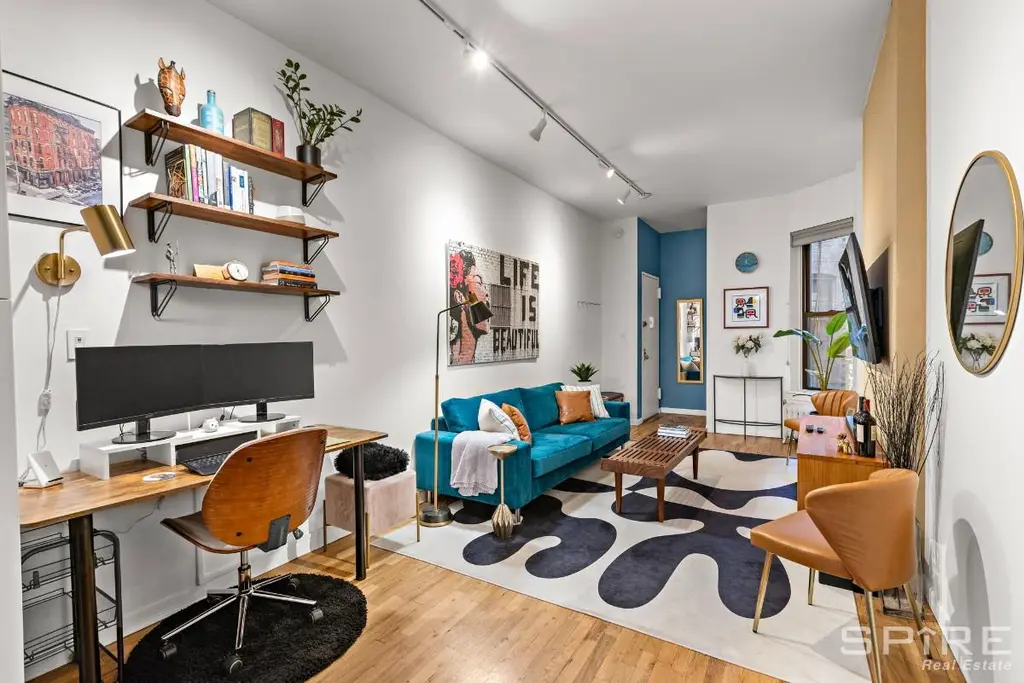
320 West 17th Street, #2FW (Spire Group Inc)
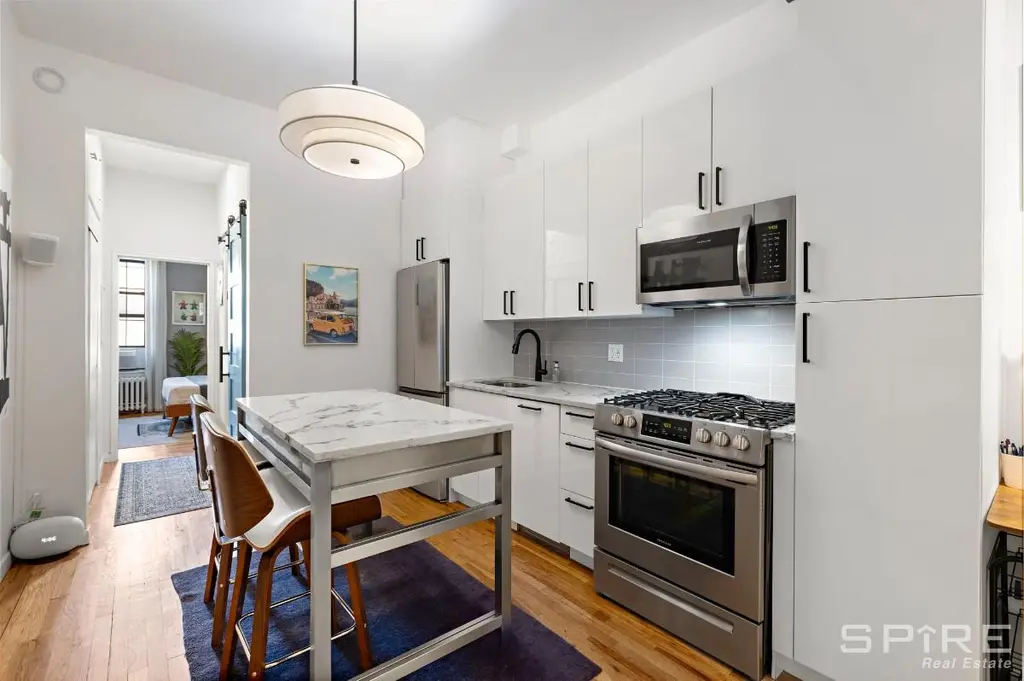
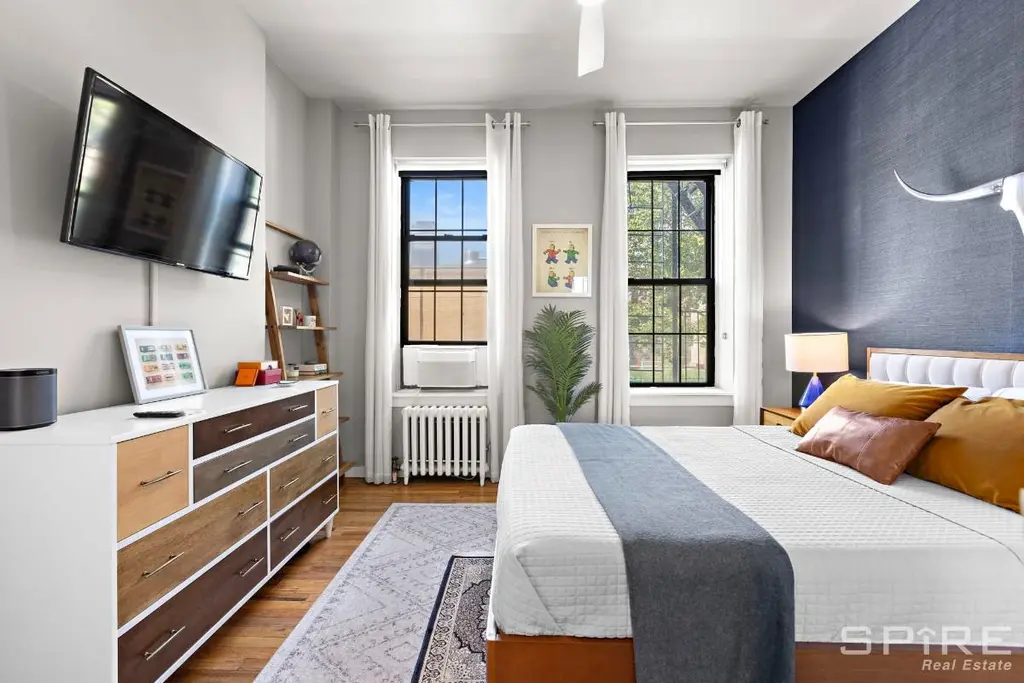
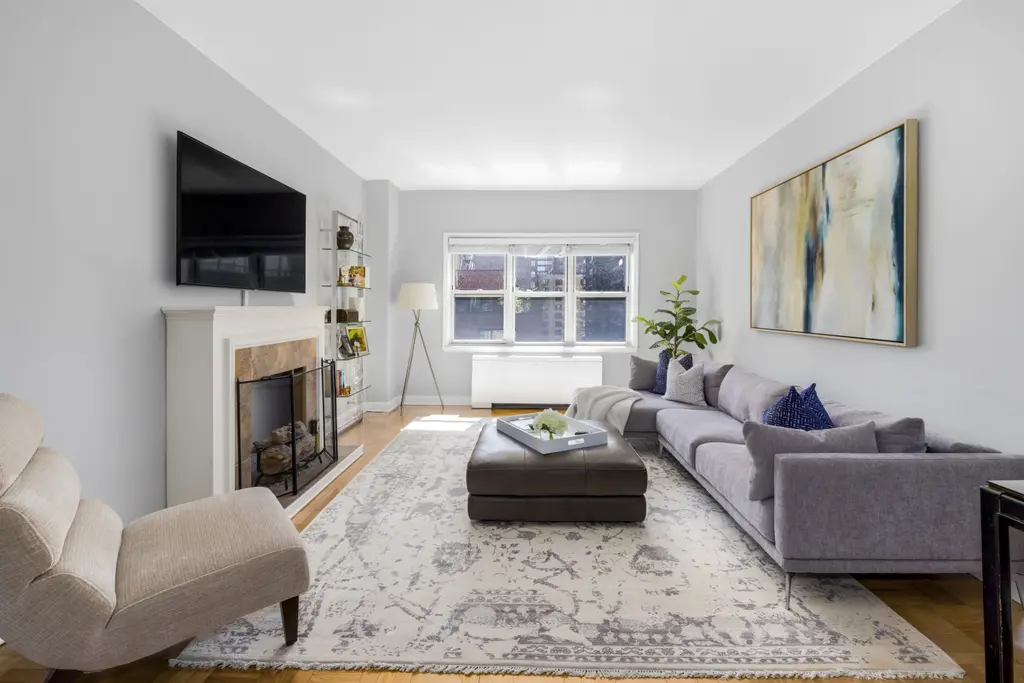
Marlo Towers, #14J (Serhant LLC)
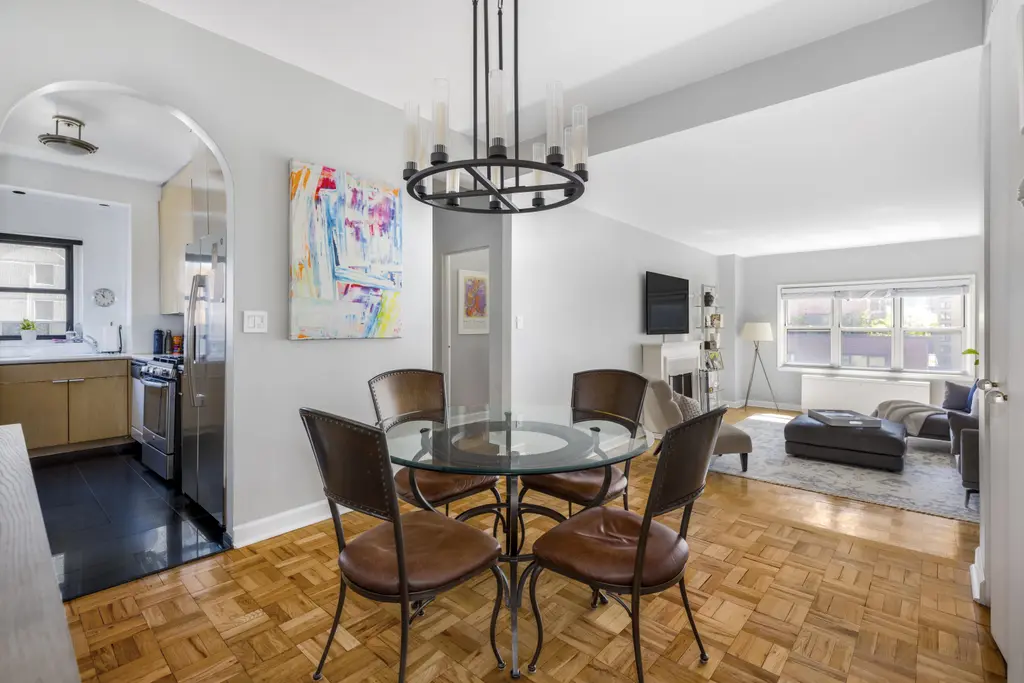
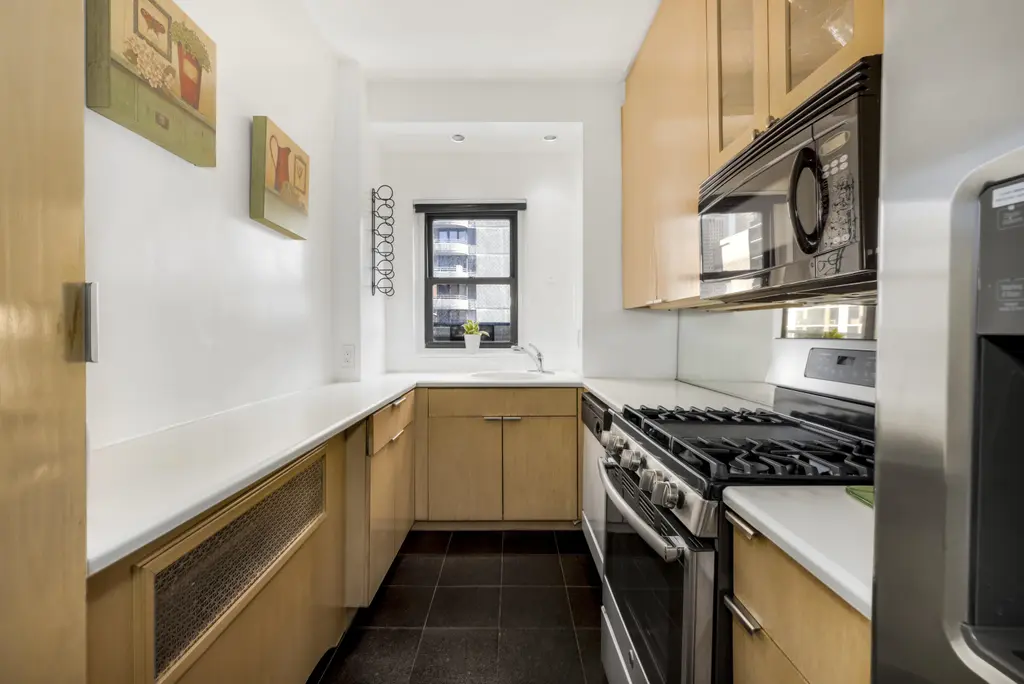
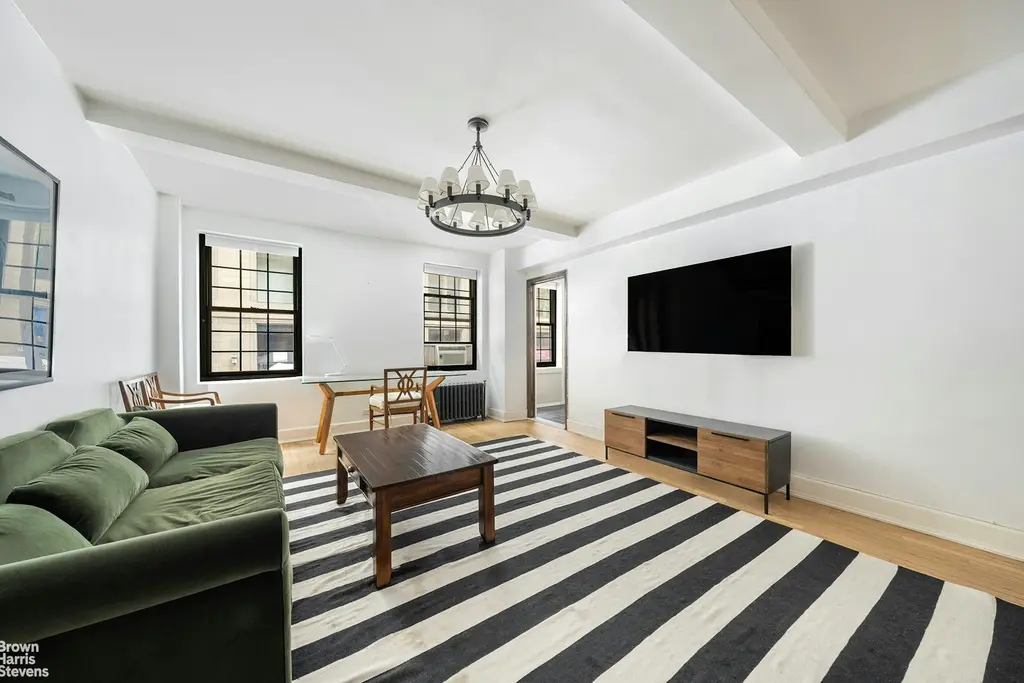
Gramercy Arms, #2I (Brown Harris Stevens Residential Sales LLC)
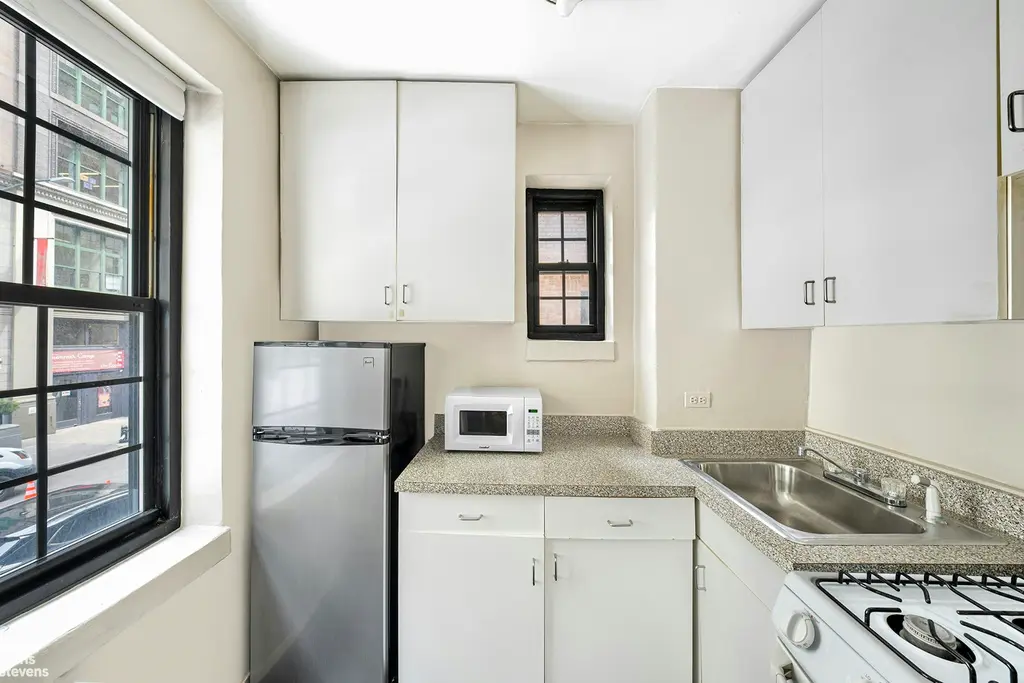
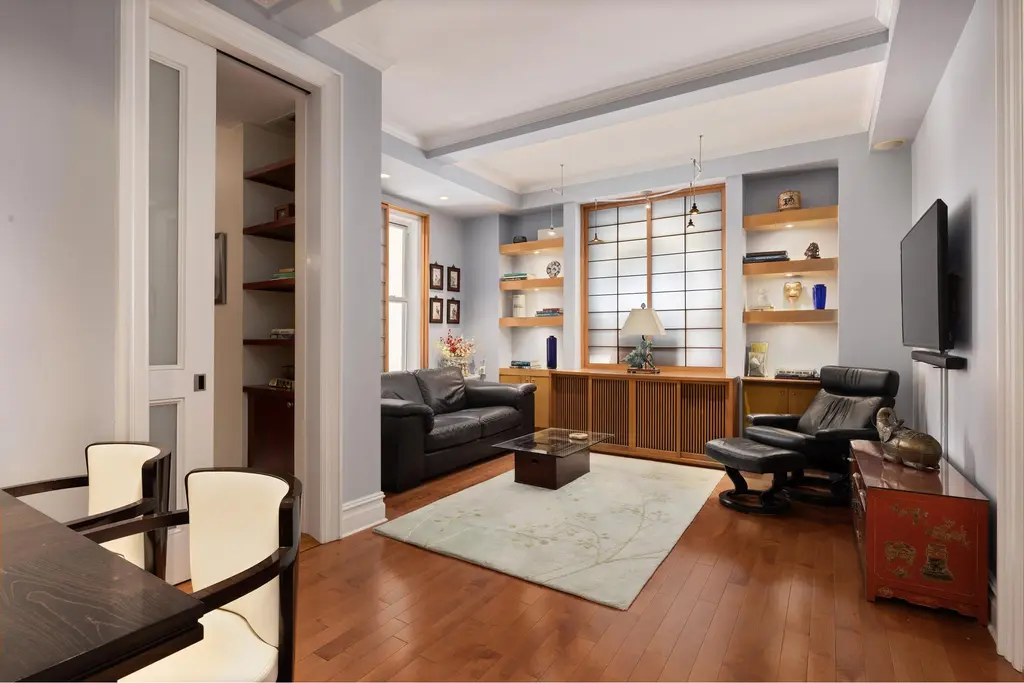
Majestic Towers, #5B (Douglas Elliman Real Estate)
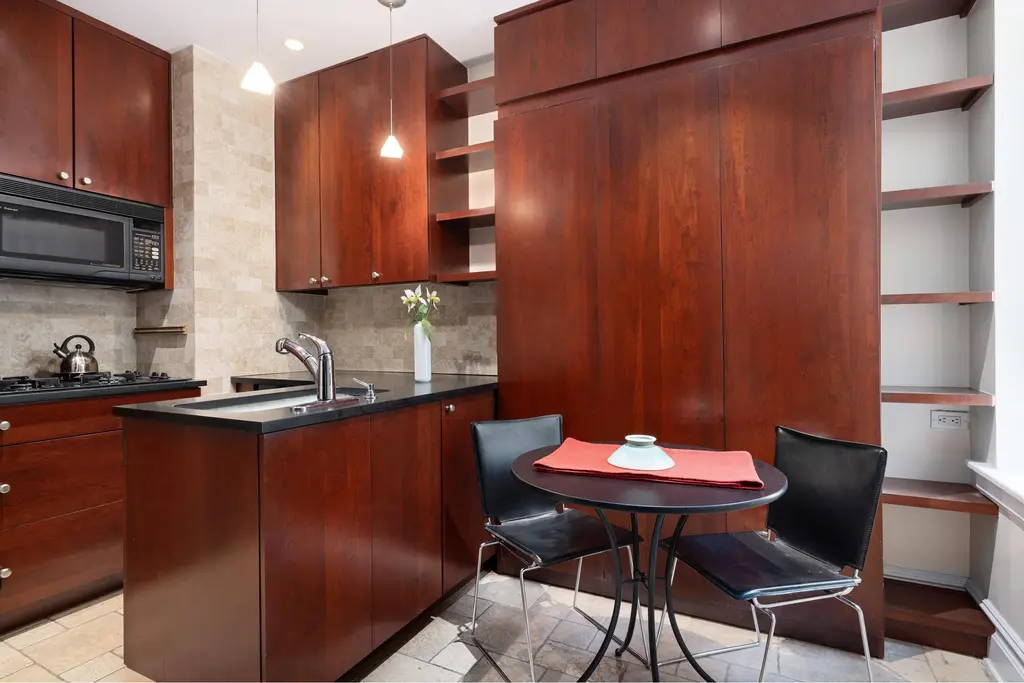

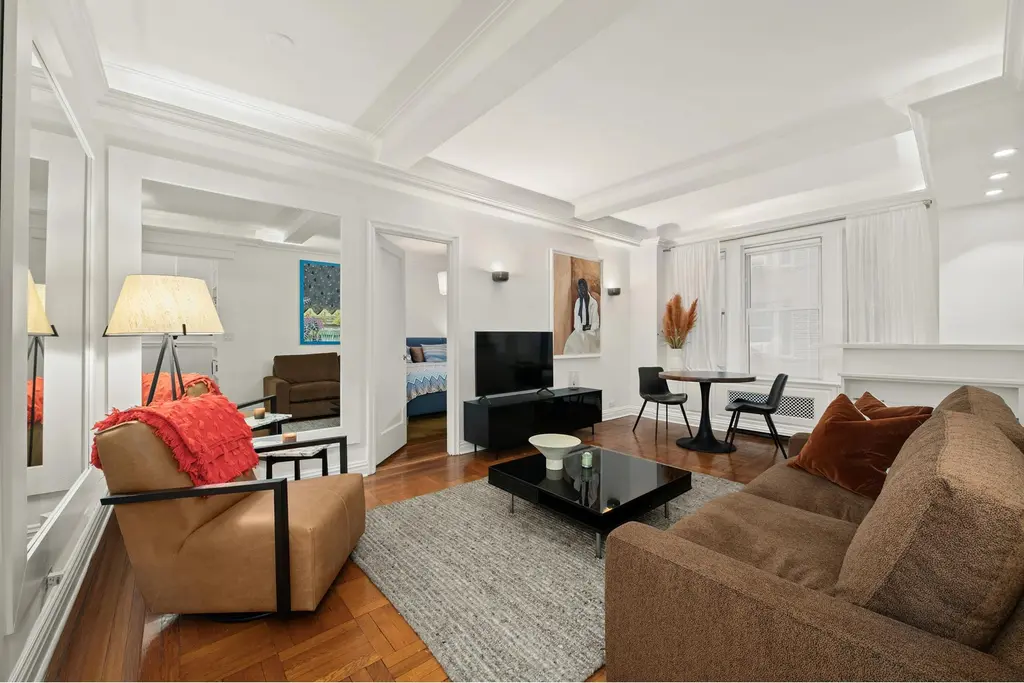
24 Fifth Avenue, #423 (Douglas Elliman Real Estate)
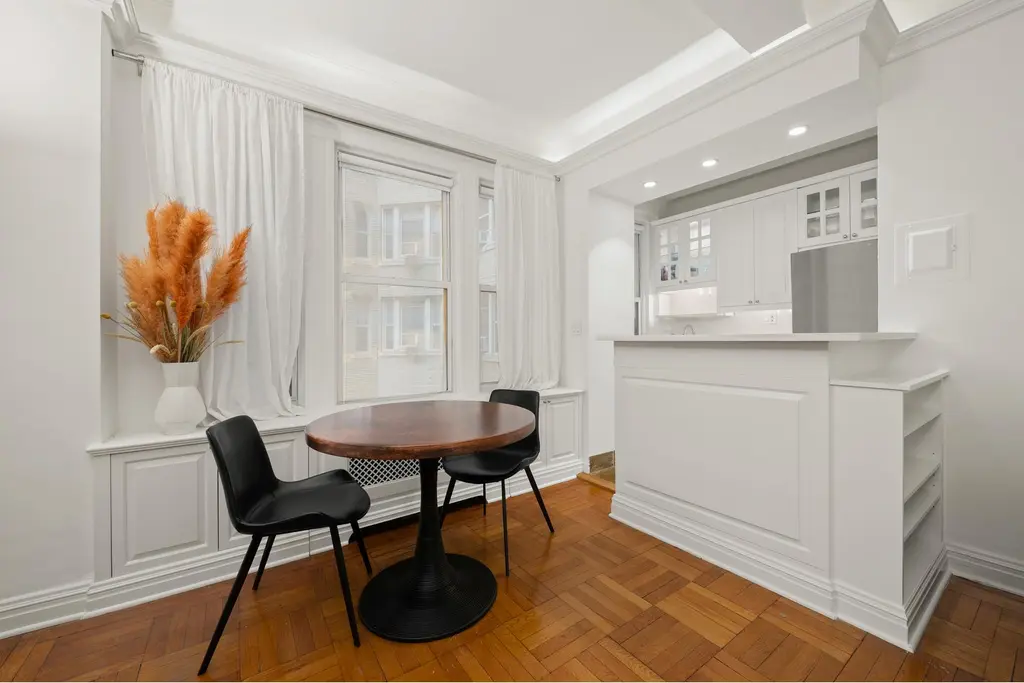

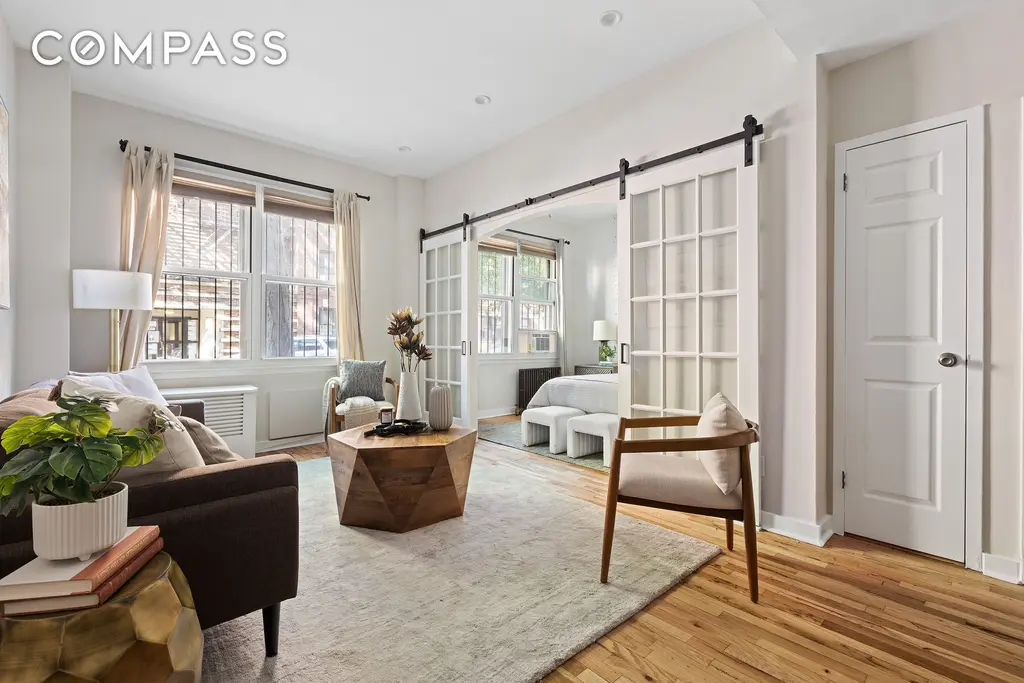
315 East 12th Street, #1B (Compass)
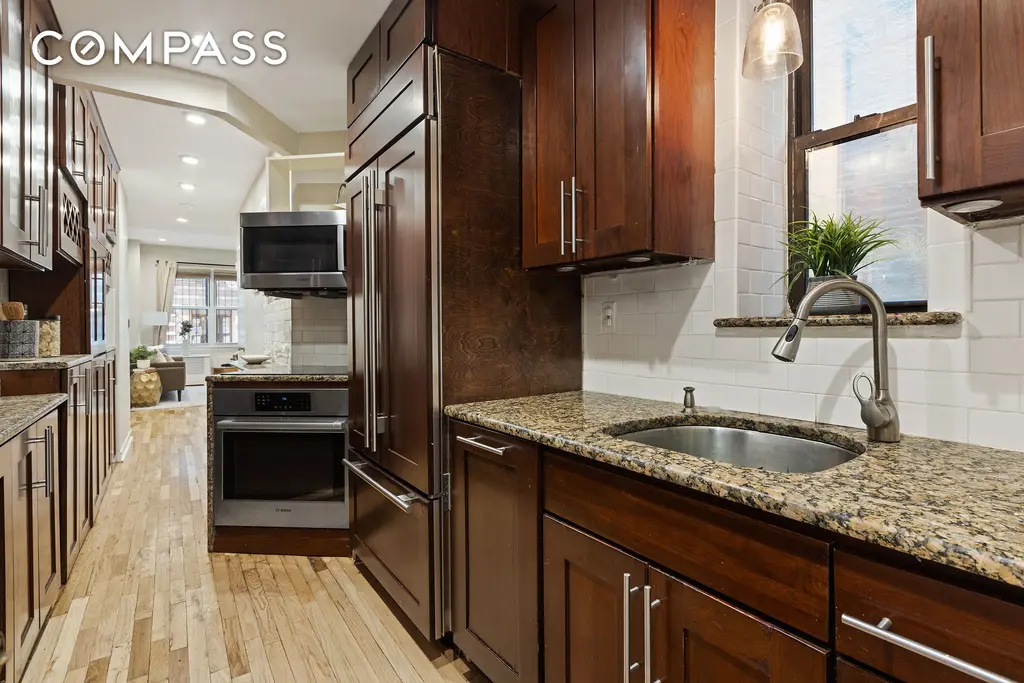
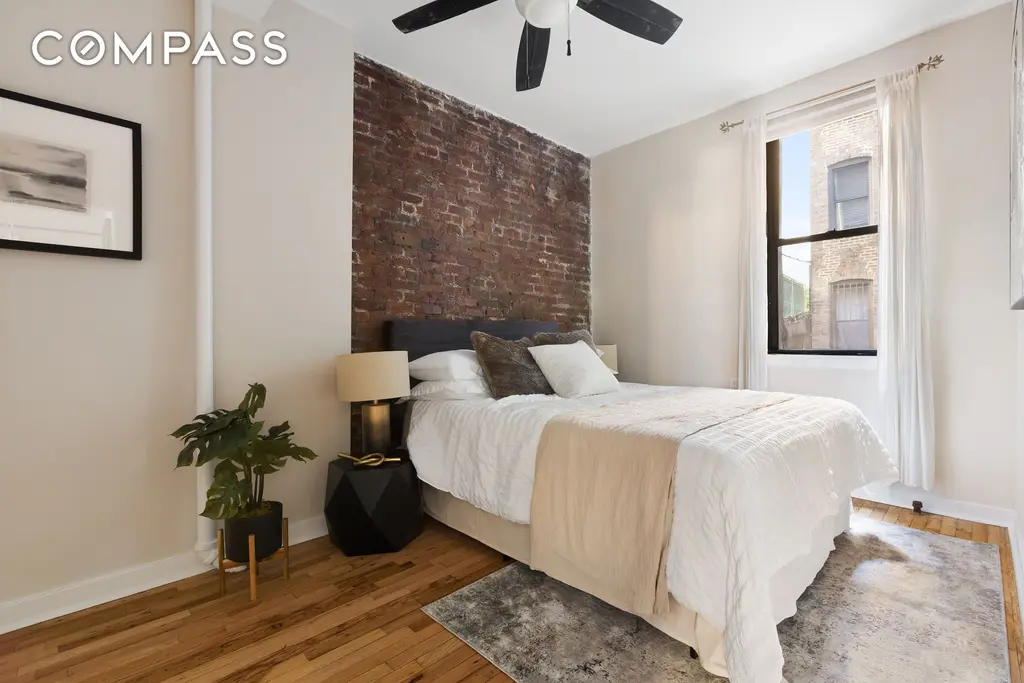

Charlton House, #14L (Brown Harris Stevens Residential Sales LLC)
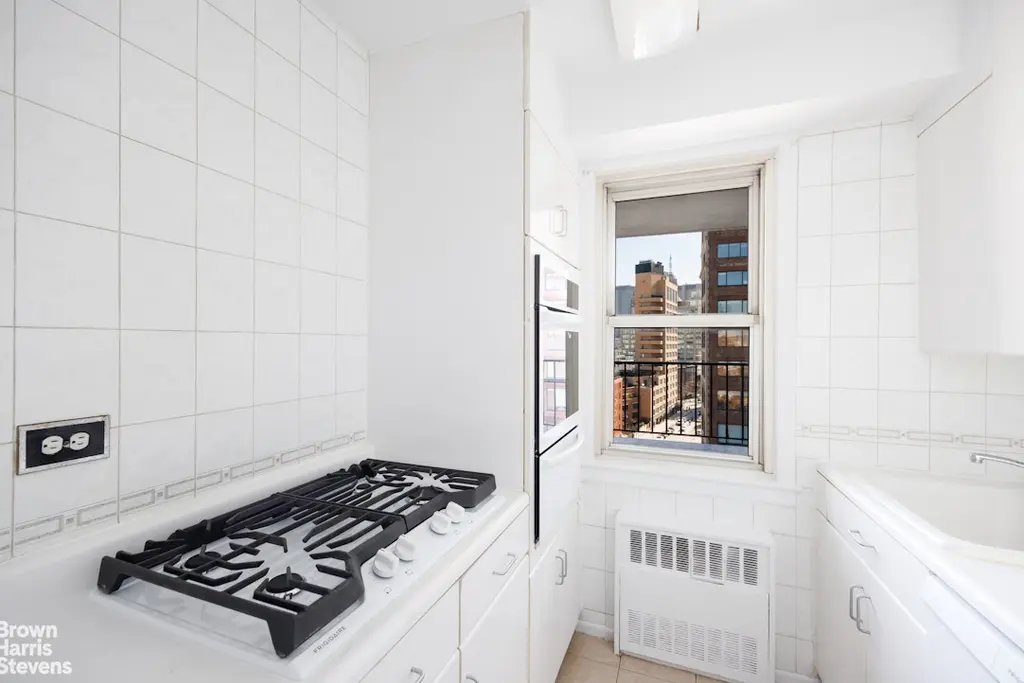
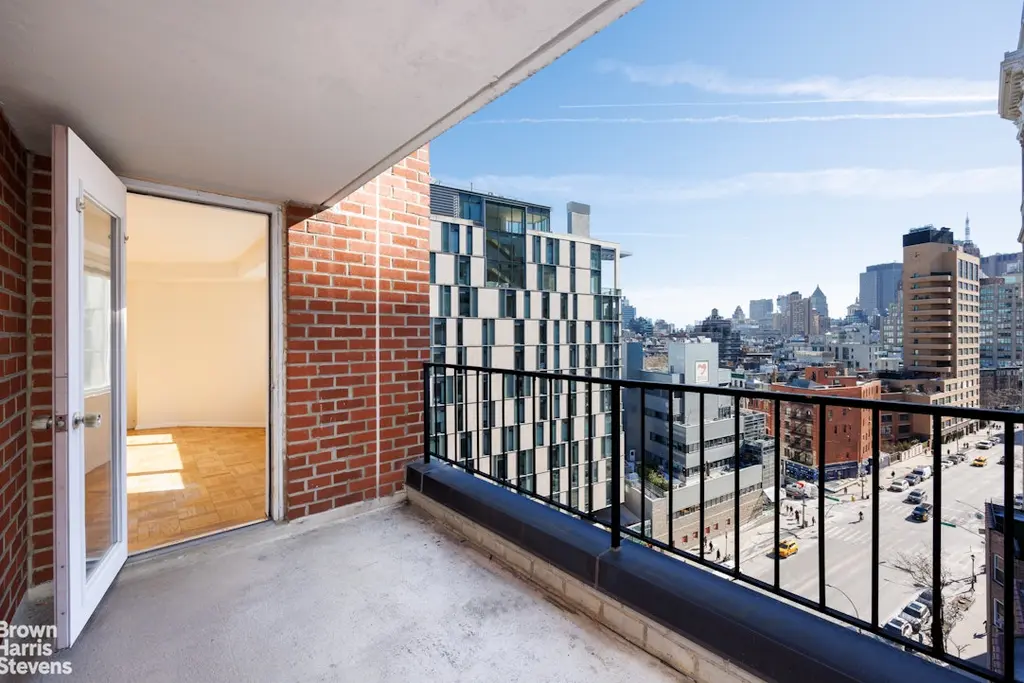
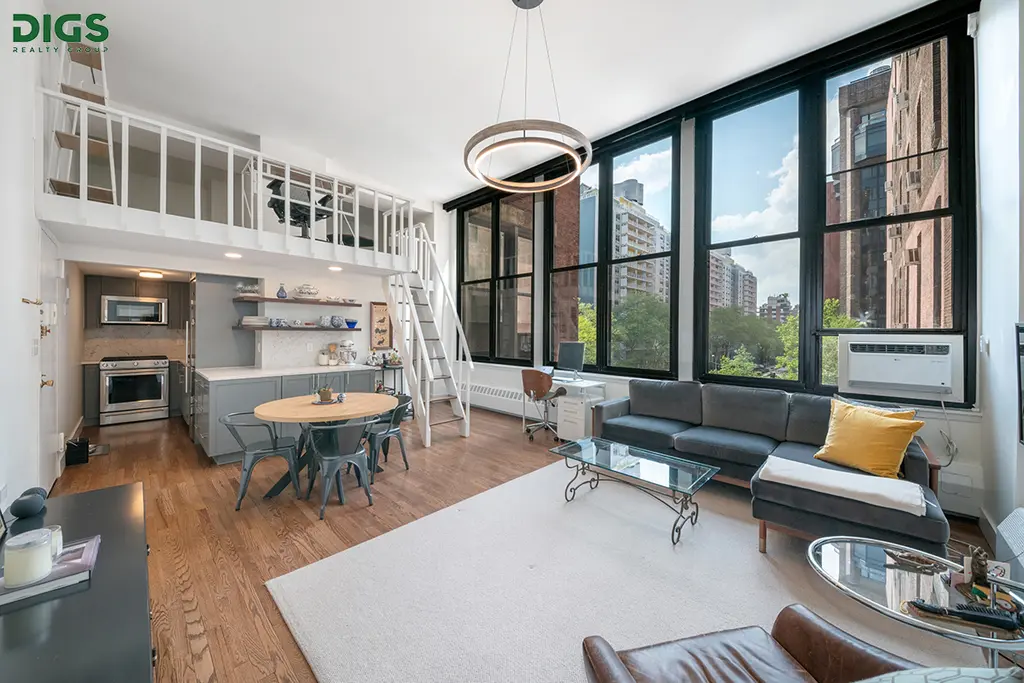
250 Mercer Street, #D304 (Digs Realty Group LLC)
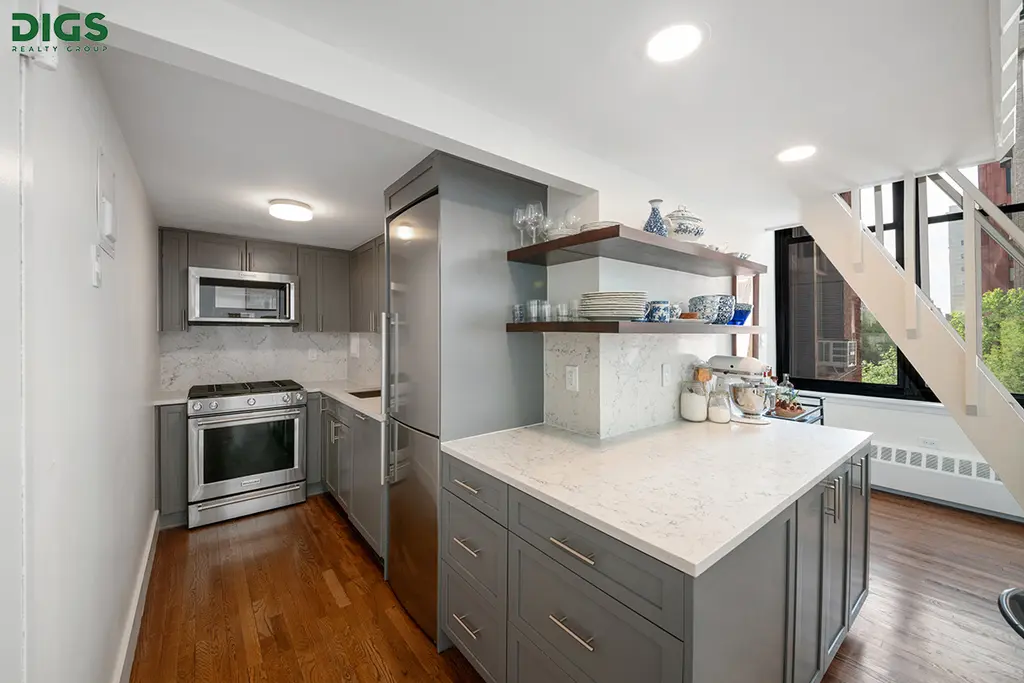
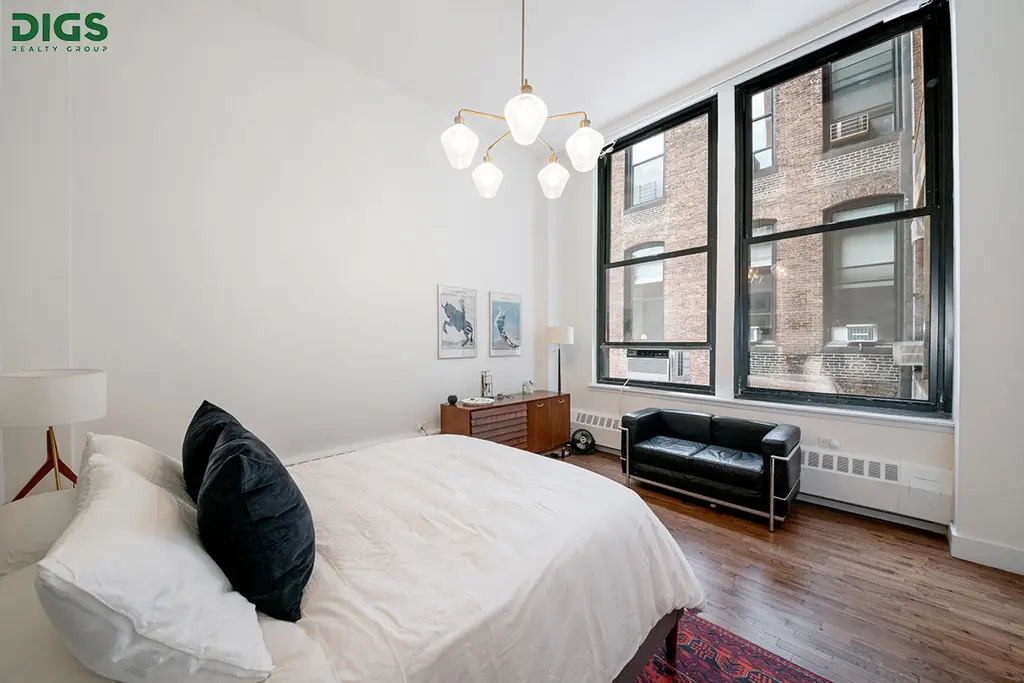

87 Barrow Street, #2N (Compass)
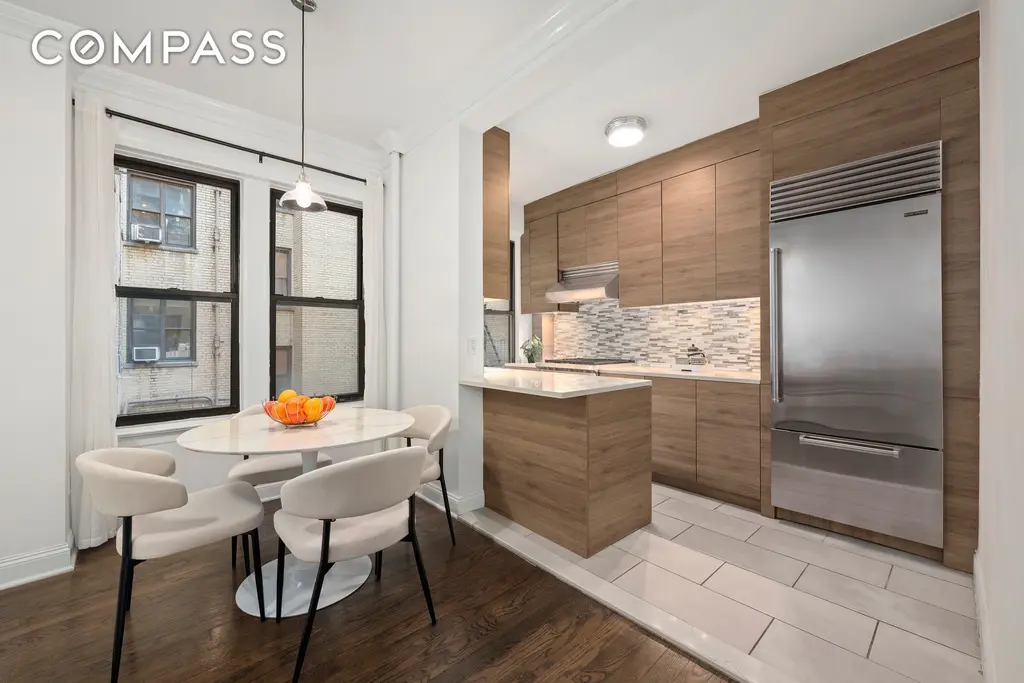
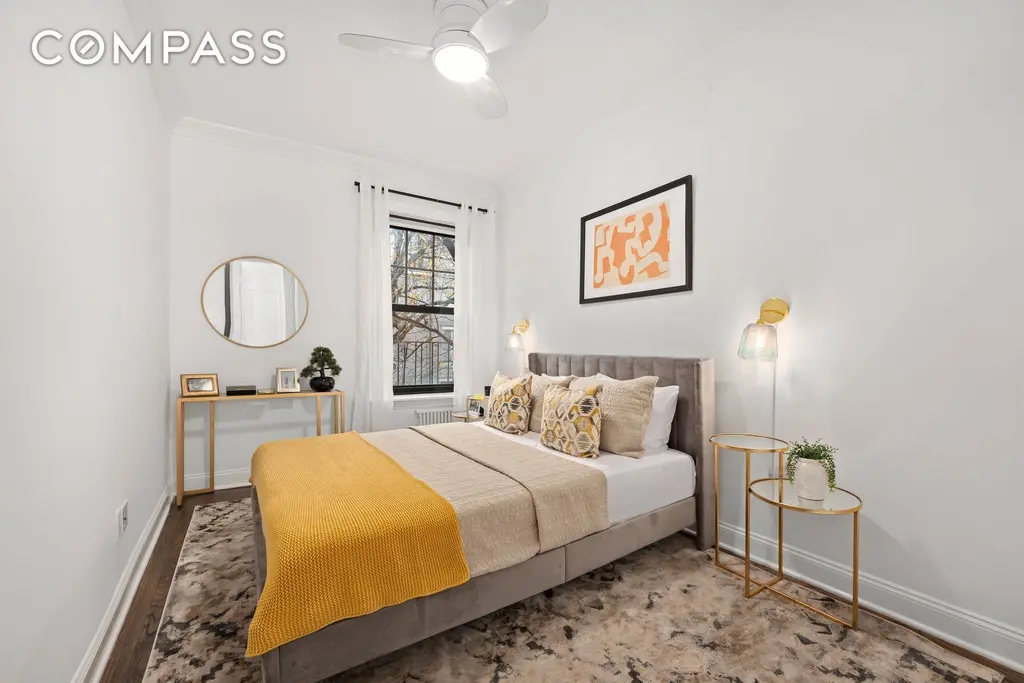
Would you like to tour any of these properties?
Just complete the info below.
Or call us at (212) 755-5544
Would you like to tour any of these properties?

Contributing Writer
Cait Etherington
Cait Etherington has over twenty years of experience working as a journalist and communications consultant. Her articles and reviews have been published in newspapers and magazines across the United States and internationally. An experienced financial writer, Cait is committed to exposing the human side of stories about contemporary business, banking and workplace relations. She also enjoys writing about trends, lifestyles and real estate in New York City where she lives with her family in a cozy apartment on the twentieth floor of a Manhattan high rise.





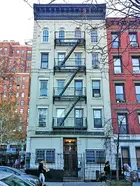

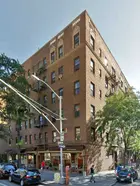




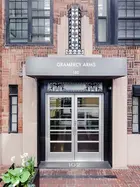



 6sqft delivers the latest on real estate, architecture, and design, straight from New York City.
6sqft delivers the latest on real estate, architecture, and design, straight from New York City.
